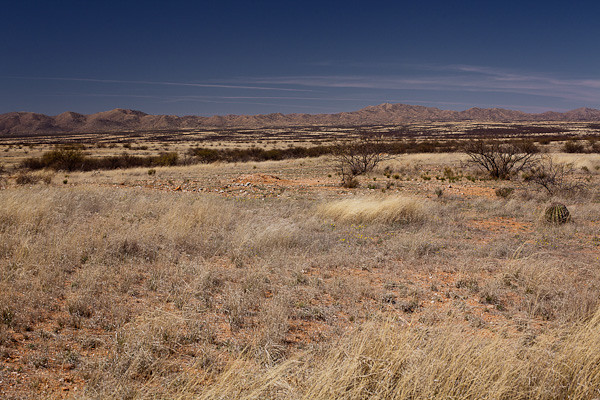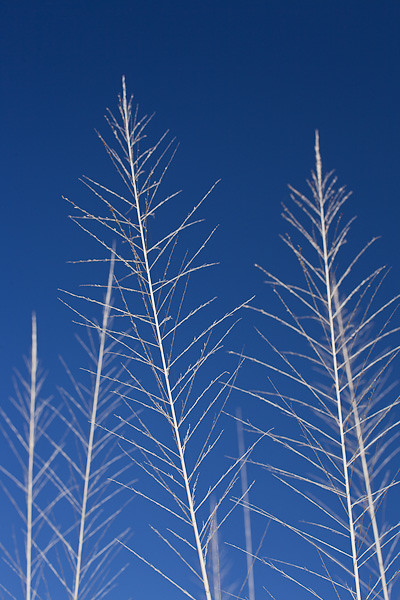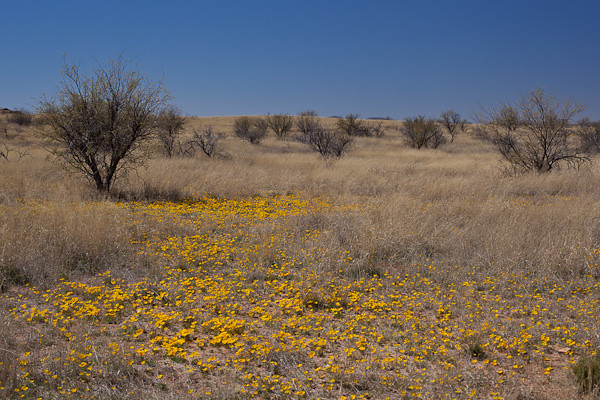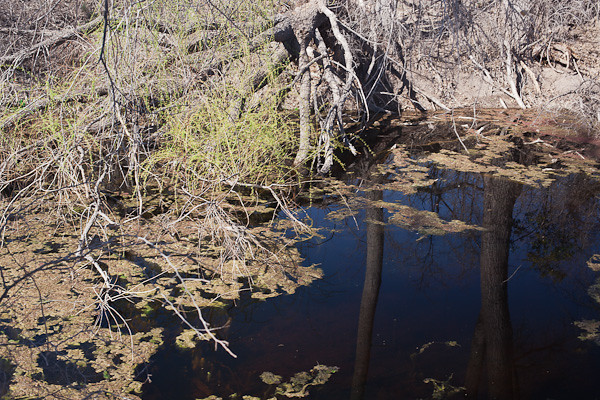Buenos Aires National Wildlife Refuge in southern Arizona is 118,000 acres of grassland, mountain ranges in the background, riparian corridors rippling through the land. The habitat, a semi-arid grassland, is land of the masked bobwhite quail and pronghorn antelope, both of which are being re-introduced in the region. Grasses once filled the Altar Valley, and are now maintained and restored by prescribed burns.
In the 1800s, Altar valley was open grassland. Pronghorns had free range, falcons and hawks filled the air with their swooping, gliding, and soaring. Mexican wolves, black bears and jaguars roamed in the grasses, traveling the corridors between the mountain ranges.
Then the Valley began filling with small towns and ranches in the 1860s, and the delicate balance maintaining the ecosystems gradually suffered. As ranchers expanded and grazing bared much the grasslands and exposed the land to the monsoon rains, erosion of the barren soils quickly followed.
With the grass gone and natural fires suppressed, mesquite gained a foothold. The grassland no longer supported the masked bobwhite quail or aplomado falcon. Pronghorn, wolves, bear, and jaguar were hunted or trapped. Lehmann’s lovegrass, a non-Native grass, was introduced in the 1970s to help stop erosion. But this poor substitute for native grasses and now considered an invasive species, did nothing of benefit.
Buenos Aires National Wildlife Refuge was established in 1982 to re-establish the grasslands habitat and protect the Arivaca Cienga ( spring fed marshy area) and the Arivaca Creek and its watershed, and important resource for the several hundreds of kinds of birds that either live in the region, migrate through, or winter over.
The area is again lush with grasses. The wildflowers are abundant — Mexican poppies turn areas golden with bright color, purple bunches of Verbena add contrast.
A beautiful place, an important resource to protect and preserve.
—————-
Bo Mackison is a photographer and owner of Seeded Earth Studio LLC, living and photographing in southern Arizona. There are days Bo wanders the roads and imagines pronghorn ranging, wild and free.










